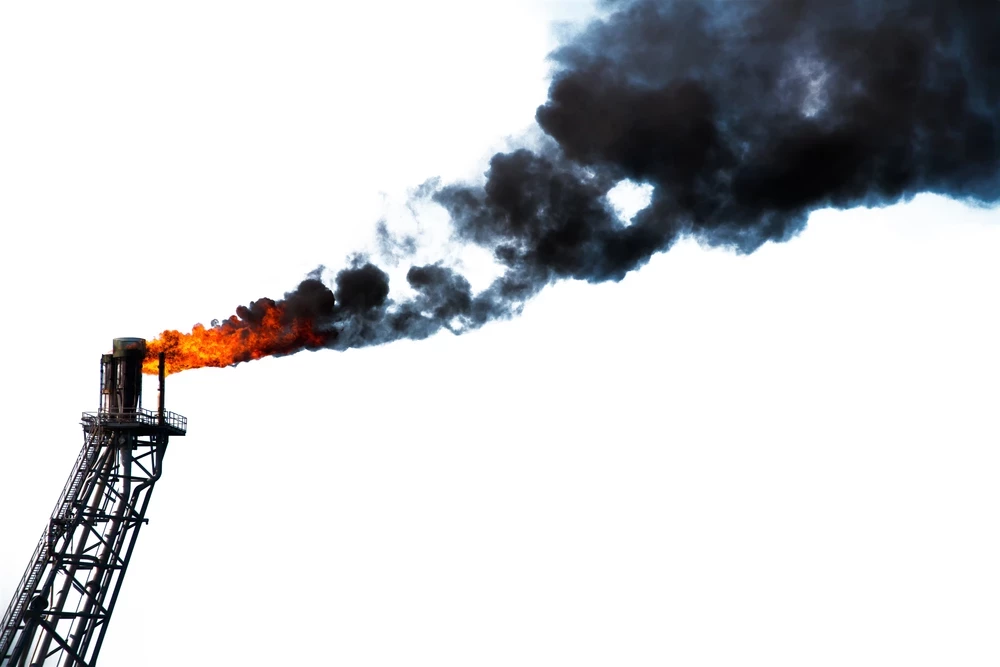LNG - Step Change Into A New Era
Add bookmark
The Liquefied Natural Gas (LNG) industry has undergone a dramatic pace of change in the last few years as the economy has gone through major upheaval and technology has improved enough to make smaller commercial projects possible.
In particular, LNG in North America is set to change as a recent discovery of shale gas has ensured that the domestic market is secure, pushing many organisations to move from importing to exporting.
Randy Miller, project manager for the Pacific Connector Gas Pipeline, a 234-mile stretch that has plans to run from a proposed Jordan Cove LNG terminal near Coos Bay in Southern Oregon, through Coos, Douglas, Jackson and Klamath counties to Malin, told the Mail Tribune that the change made little difference to many people in the industry. He explained that the cost implications of the turnaround to pipelines pumping LNG are small.
"It will mean relatively minor changes to the pipeline - the gas could go either direction," Mr Miller told the source. However, the move from import to export has been followed by claims that selling LNG to the highest bidder is likely to raise the price of domestic natural gas within the US.
North America is aided in its efforts to become a major exporter of LNG by the increasing demand from Asia. According to Bloomberg, LNG prices have surged to a three-year high as demand from Japan, China and India continues to outpace global supply. Japan has rapidly and significantly increased its LNG imports following the Earthquake and subsequent nuclear disaster in Fukushima Dai-Ichi, prompting the nation to move away from nuclear power.
Demand has also increased by 27 per cent in the first half of the year for China, with Bloomberg claiming that import figures are up 71 per cent from 2010, the highest level since 2008. PK Jain, the New Delhi-based director of finance at GAIL India Ltd (GAIL), told the source: "LNG demand will go up, there's no other alternative."
"Demand will rise in Asia as Japan increases LNG use after Fukushima and even in Europe, with countries moving away from nuclear, long-term demand for LNG may rise," he explained. This opinion was echoed by Neil Beveridge, the Hong Kong-based senior analyst at Bernstein, who told Bloomberg: "Asian customers will increasingly be competing with European customers, which will lead to higher gas prices outside of North America."
The LNG industry in North America has also been given a boost by an announcement that oil industry giant Shell has entered into an agreement with Vancouver-based Westport Innovations to increase the use of LNG as an alternative fuel in the continent.
Earlier this month the corroboration was unveiled by Westport Innovations, the global leader in alternative fuel, low-emissions transportation technologies, with the pair hoping to target the commercial vehicles market through the consolidation of fuel supply, customer support and comprehensive maintenance with a dedicated after-sales service. Compressed natural gas (CNG) is already in widespread use, with LNG made of the same fuel only chilled to cryogenic temperatures, vastly reducing its volume and making it easier to store.
"As a result of this initiative, we believe the use of natural gas as a fuel for transportation will accelerate. The North American launch is an important first step with Shell and we look forward to the continued proliferation of our advanced technology products and integration services," said David Demers, chief executive officer of Westport Innovations.
Clearly, the versatility and flexibility of LNG, in a global market seeking alternatives to traditional fuel, ensures the continuing growth of it in the short term both as nations seek to move away from nuclear power and as the desire to find a greener transport solution increases.
[eventpdf]






















